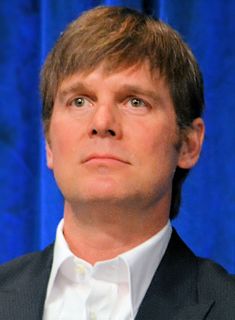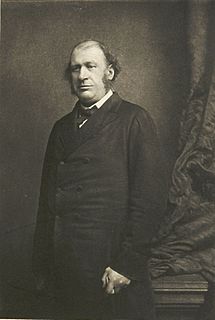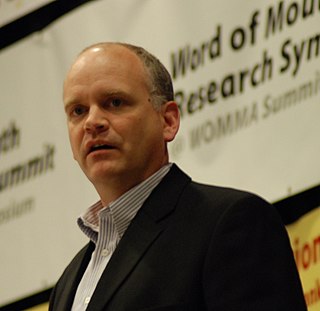A Quote by Frederic Bastiat
I believe that my theory is correct; for whatever be the question upon which I am arguing, whether it be religious, philosophical, political, or economical; whether it affects well-being, morality, equality, right, justice, progress, responsibility, property, labor, exchange, capital, wages, taxes, population, credit, or Government; at whatever point of the scientific horizon I start from, I invariably come to the same thing—the solution of the social problem is in liberty.
Quote Topics
Affects
Am
Arguing
Being
Believe
Capital
Come
Correct
Credit
Equality
Exchange
Government
Horizon
I Believe
Invariably
Justice
Labor
Liberty
Morality
Philosophical
Point
Political
Population
Problem
Progress
Property
Question
Religious
Responsibility
Right
Same
Same Thing
Scientific
Social
Solution
Start
Taxes
Theory
Thing
Wages
Well
Well-Being
Whatever
Whether
Which
Related Quotes
It is a moot question whether the origin of any kind of property is derived from nature at all. It is agreed by those who have seriously considered the subject that no individual has, of natural right, a separate property in an acre of land, for instance. By a universal law, indeed, whatever, whether fixed or movable, belongs to all men equally and in common is the property for the moment of him who occupies it; but when he relinquishes the occupation, the property goes with it. Stable ownership is the gift of social law, and is given late in the progress of society.
For Al Gore and Paul Ehrlich and Co., whatever the problem, the solution is always the same. Whether it's global cooling, global warming, or overpopulation, we need bigger government, more regulation, higher taxes, and a massive transfer of power from the citizens to some unelected self-perpetuating crisis lobby.
The right way is the greatest gratifier of human wishes ever come upon - when allowed to operate. It is as morally sound as the Golden Rule. It is the way of willing exchange, of common consent, of self-responsibility, of open opportunity. It respects the right of each to the product of his labor. It limits the police force to keeping the peace. It is the way of the free market, private property, limited government. On its banner is emblazoned Individual Liberty.
To me this question whether liberty is a good or a bad thing appears as irrational as the question whether fire is a good or a bad thing. It is both good and bad according to time, place, and circumstance, and a complete answer to the question, In what cases is liberty good and in what cases is it bad? would involve not merely a universal history of mankind, but a complete solution of the problems which such a history would offer.
Let it simply be asked where is the security for property, for reputation, for life, if the sense of religious obligation deserts the oaths, which are the instruments of investigation in the Courts of Justice? And let us with caution indulge the opposition, that morality can be maintained without religion. Whatever may be conceded to the influence of refined education on minds of peculiar structure, reason and experience both forbid us to expect that National morality can prevail in exclusion of religious principle.
Solving the population problem is not going to solve the problems of racism, of sexism, of religious intolerance, of war, of gross economic inequality. But if you don't solve the population problem, you're not going to solve any of those problems. Whatever problem you're interested in, you're not going to solve it unless you also solve the population problem. Whatever your cause, it's a lost cause without population control.
Faced with such insecurity, labor unions seek a solution in demands for higher wages, shorter hours, pensions, and such things. But this approach takes monopolistic capitalism for granted, and accepts the unnatural division between property and responsibility as permanent. A much more radical solution is apt to come, and this may take either of two forms.
To the exponents of the Perennial Philosophy, the question whether Progress is inevitable or even real is not a matter of primary importance. For them, the important thing is that individual men and women should come to the unitive knowledge of the divine Ground, and what interests them in regard to the social environment is not its progressiveness or non-progressiveness (whatever those terms may mean), but the degree to which it helps or hinders individuals in the their advance towards man's final end.





































